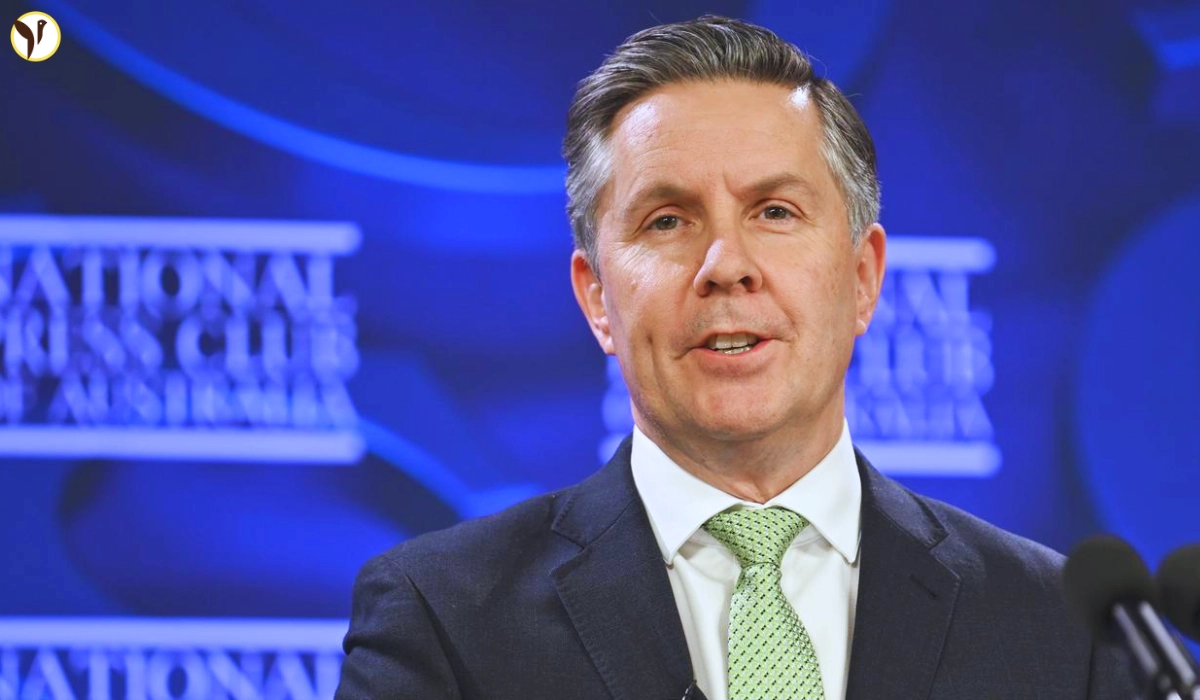The Australian government has just announced one of the biggest changes to the National Disability Insurance Scheme (NDIS) since its creation. Children with mild to moderate autism or developmental delays will soon move away from the NDIS and into a new support system called “Thriving Kids.”
This $2 billion initiative, introduced on 20 August 2025, has already generated lively debate across the nation. Parents, teachers, health care workers and disability advocates all have the same question: will children lose support, or will this finally resolve the gaps in the system?
Why the Government is Making This Change
For years, the NDIS has been under pressure. The scheme, which was designed to help people with significant and permanent disabilities, has grown at 8% every year. That growth rate is much higher than what the government says it can afford.
Health Minister Mark Butler explained that many families turned to the NDIS because no other reliable system was in place. Schools, GPs, and community services often lacked the resources to help. That meant that even children with mild needs ended up on the NDIS because it was their only option.
“The NDIS was never meant to carry the entire load for children with developmental delays or mild autism. We need a better pathway that doesn’t overwhelm the scheme,” Butler said at the announcement in Canberra.
The new Thriving Kids program is designed to fill this gap. Instead of depending on NDIS plans, children with less severe needs will get early support through schools, local health networks, and community services.
Key Facts About the Thriving Kids Program
- Funding: A $2 billion co-investment from the federal government and the states.
- Target audience: Children with mild to moderate autism, or developmental delays.
- Expected start date: Mid-2027 is when the new program will be rolled out, though some pilots may begin in July 2026.
- Current NDIS participants: Children who are existing participants will still remain as part of the NDIS (based on the usual reassessments).
- Goal: Reduce NDIS growth from 8% down to 5–6%, making the system sustainable long-term.
According to government data, almost 50% of NDIS participants are children with autism or developmental delays, but they receive less than a quarter of total NDIS funding. At the same time, children under 15 make up 43% of participants but only 13% of total NDIS spending.
What Support Will Thriving Kids Offer?
The government says Thriving Kids will focus on early intervention. That means instead of waiting until problems get bigger, children will receive help as soon as possible through:
- Access to speech and occupational therapy at schools.
- Supporting services with expanded GP and community health centre services.
- Better training for teachers to understand and respond to developmental challenges.
- Family support programs aimed at reducing long-term reliance on disability funding.
Officials insist this won’t be about cutting services but about delivering them in a more practical way.
Mixed Reactions from the Community
The announcement has evoked a combination of support, confusion, and fear from the public.
Some parents welcome the idea. Many say it’s exhausting to go through the complex NDIS paperwork for children who only need lighter support. For them, a community-based system could be simpler.
But others worry that this is just a funding cut dressed up as reform. Autism advocacy groups warn that unless the Thriving Kids program is properly designed, families could be left with long waiting lists and fewer therapy hours.
One of the users posted on X (formerly Twitter):
“If someone has “mild” autism they will no longer get NDIS. Apparently, they have no needs.”
Lots of changes to NDIS in Australia that will affect autistic people.
— Dr 🫥:. #Autism or #dyslexia. Anxiety kills (@draevans) August 20, 2025
If someone has “mild” autism they will no longer get NDIS. Apparently, they have no needs.
Apparently, the decision was influenced by some NDM activists according to some Australians. pic.twitter.com/GXTm8dD13r
The Political Angle
Prime Minister Anthony Albanese said this reform is about “fairness and sustainability.” His government argues that without changes, the NDIS budget would balloon to levels that threaten the whole system.
However, opposition leaders claim the announcement proves the government is cutting corners. They claim that families were not given sufficient warning and that the time frame is ambiguous.
Critics also point out that Australia has tried early-intervention policies in the past, and a lot of programs failed because of poor funding, and long waiting lists.
What It Means for Parents Right Now
For families currently in the NDIS, nothing changes immediately. If your child already has an NDIS plan, it will continue. Future reassessments will still apply, just as before.
The larger question is, what will happen after 2027. New applicants with mild autism or developmental delays are expected to be funneled into the Thriving Kids program (TG) rather than the NDIS.
Parents are being told to not panic, while advocacy groups are telling parents to be aware and demand transparency as the rollout kicks off.
The Future of Autism Support Under Thriving Kids
The Thriving Kids program has the potential to reshape disability support in Australia. If it works, it could free up the NDIS for those who need it most while giving families a more straightforward path to early help.
But the risk is real. If foundational supports become under funded or poorly designed, then ultimately thousands of children may end up with less supports, not more.
This is why the disability sector community is calling for consultation, clear eligibility criteria, and accountability prior to the roll out of any new foundational supports.
For now, however, the Albanese government must demonstrate it is serious about providing real supports to families and not simply saving money.









